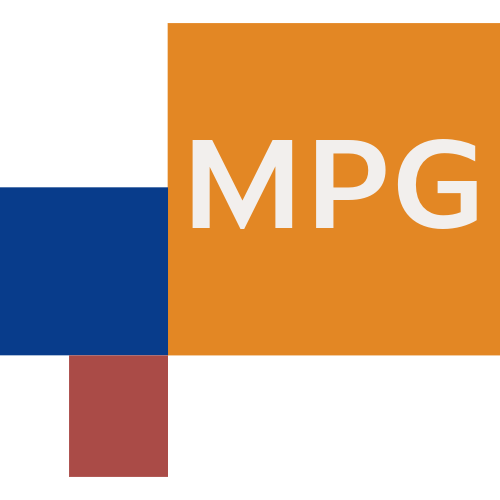menu
menu
Menu
cancel
- arrow_back_iosBacknavigate_nextpersonPersonal
- groupCommunities
- articleBlogs
- eventEvents
- sourceTemplates
- question_answerQuestions
- schoolLearning
- business_centerBusiness
- live_helpFAQ
2. **How do changes in a company's balance sheet reflect its financial stability, and what key ratios can be derived from the balance sheet to assess leverage, liquidity, and operational efficiency?
**What is the purpose of each of the three primary financial statements (income statement, balance sheet, and cash flow statement), and how do they interrelate to provide a comprehensive view of a ...
3. **What are the best practices for maintaining independence and objectivity in internal auditing, and how can an organization ensure that its internal audit function remains effective and relevant?
2. **How does the internal audit process identify and mitigate risks, and what methodologies are commonly used to assess and improve an organization's internal controls?
**What are the primary objectives of conducting an internal audit within an organization, and how do these objectives align with overall business goals?
What strategies can be implemented to address the mental health crisis, including the shortage of mental health professionals and the stigma associated with seeking treatment?
What are the potential impacts of emerging technologies, such as telehealth and artificial intelligence, on the future of patient care and healthcare delivery?
How can healthcare systems improve access to care for underserved and rural populations to ensure equitable medical services for all?
What role do regulatory checks play in risk management for financial institutions, and how can they be leveraged to identify and mitigate potential risks associated with non-compliance?
How can organizations effectively stay up-to-date with changing regulations and incorporate these updates into their regulatory checks to avoid potential compliance issues or penalties?
